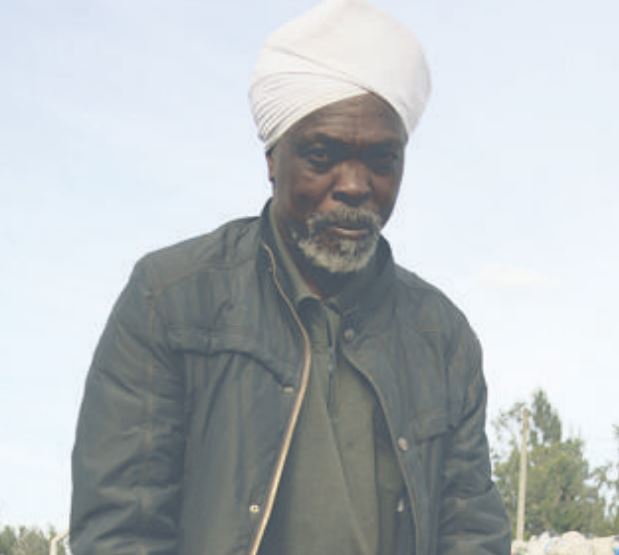×
The Standard e-Paper
Join Thousands Daily

Tons of garbage and the pungent smell of decaying waste is what welcomes you at the Nanyuki dumpsite.
Heaps of garbage are unbearable at the site but Francis Githui sits between piles of bags packed with all sorts of waste from Nanyuki and the neighbouring towns.







